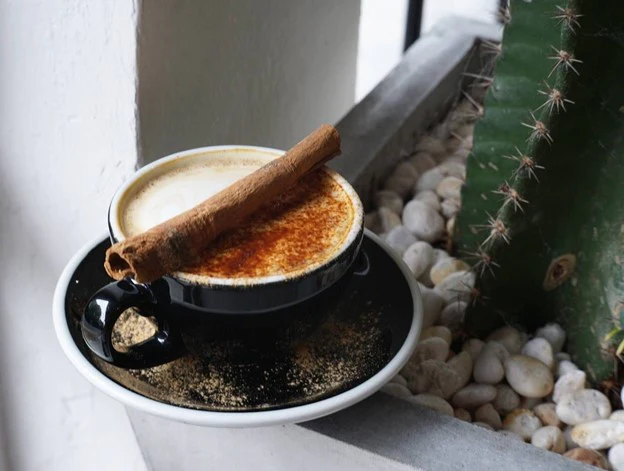
The term “specialty coffee” was first used in 1974. Fabricated by Erna Knutsen, she shared the idea in her speech to delegates of an international coffee conference that- the quality of the coffee should be preserved, from crop to cup.
Specialty coffee refers to the whole process from farmer to cup using single-origin coffee. And it refers – to the way the coffee is roasted, and how it is- extracted.
According to the Specialty Coffee Association (SCA), the “specialty coffee” is defined- as the highest-quality green coffee beans roasted to their greatest flavour and potential by true craftspeople and then properly brewed to well-established standards. Specialty coffee in the green bean state can be defined as a coffee that has no defects and has a distinctive character in the cup, with a score of 80 or above when graded according to SCA standards.
This sets specialty apart from “gourmet” coffee, which has no strict definition. Gourmet coffee could be high-quality coffee, or it could just be marketing.

Determining specialty coffee
To be classified as “specialty coffee”, the coffee must undergo different stages. Each step is crucial, and specialty remains just a concept until it is graded.
To qualify as a specialty coffee, the beans have to be graded by certified coffee tasters – Q graders.
Specialty coffee – the Q grade score sheet
Score | Grade | Specialty Yes/No |
90-100 | Outstanding | Yes |
85-89.99 | Excellent | Yes |
80-84.99 | Very Good | Yes |
Below 80 | No grading | No |